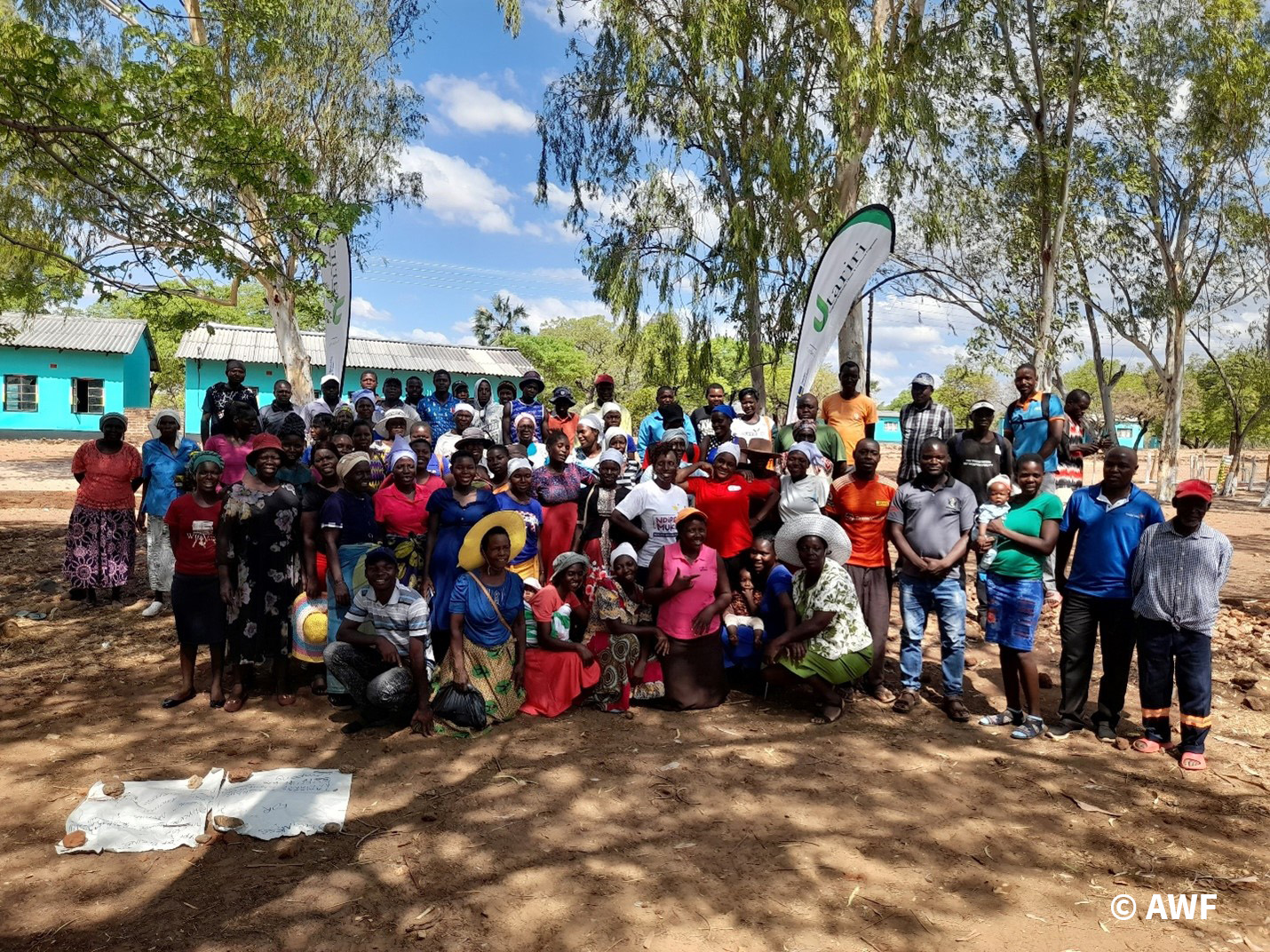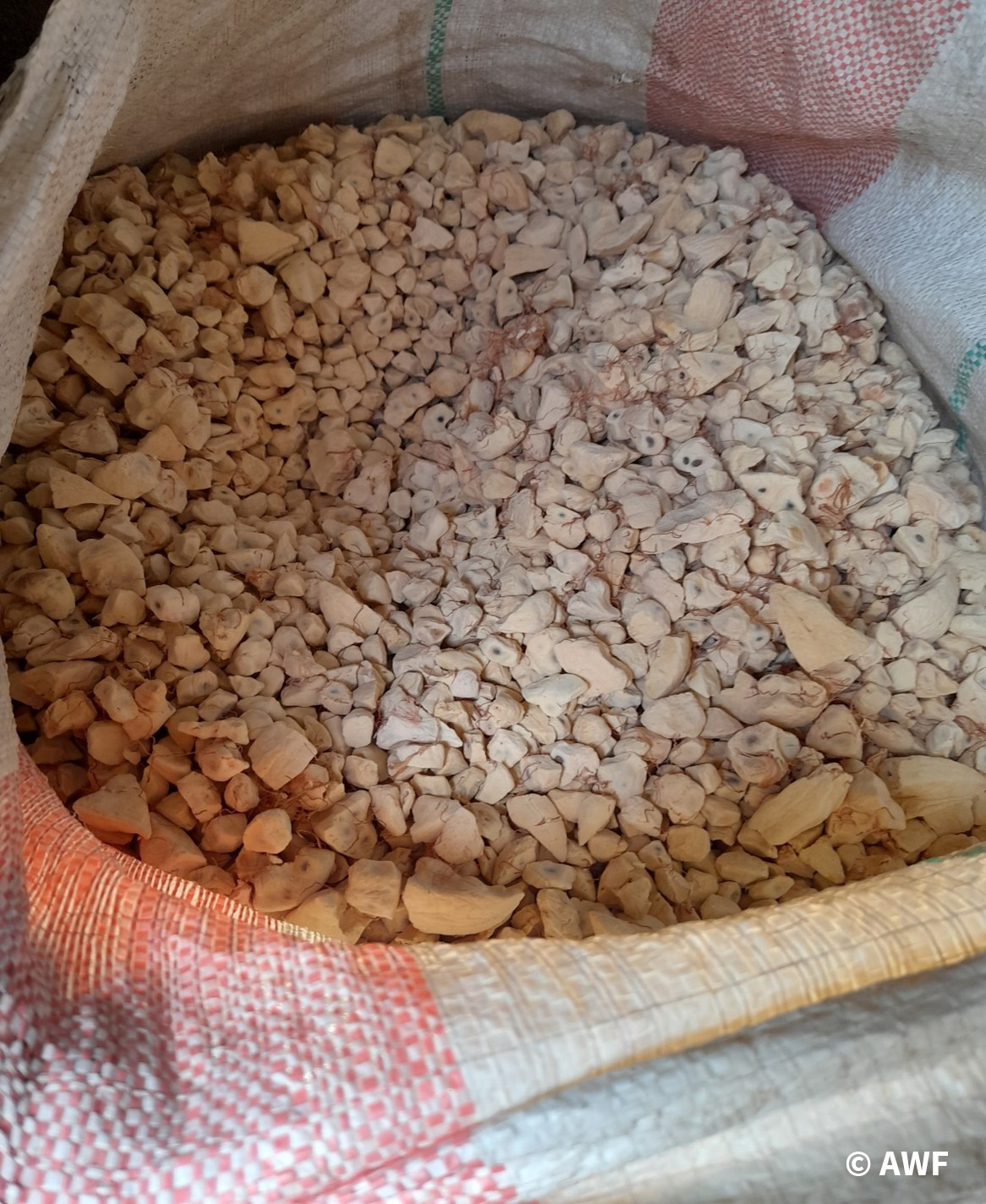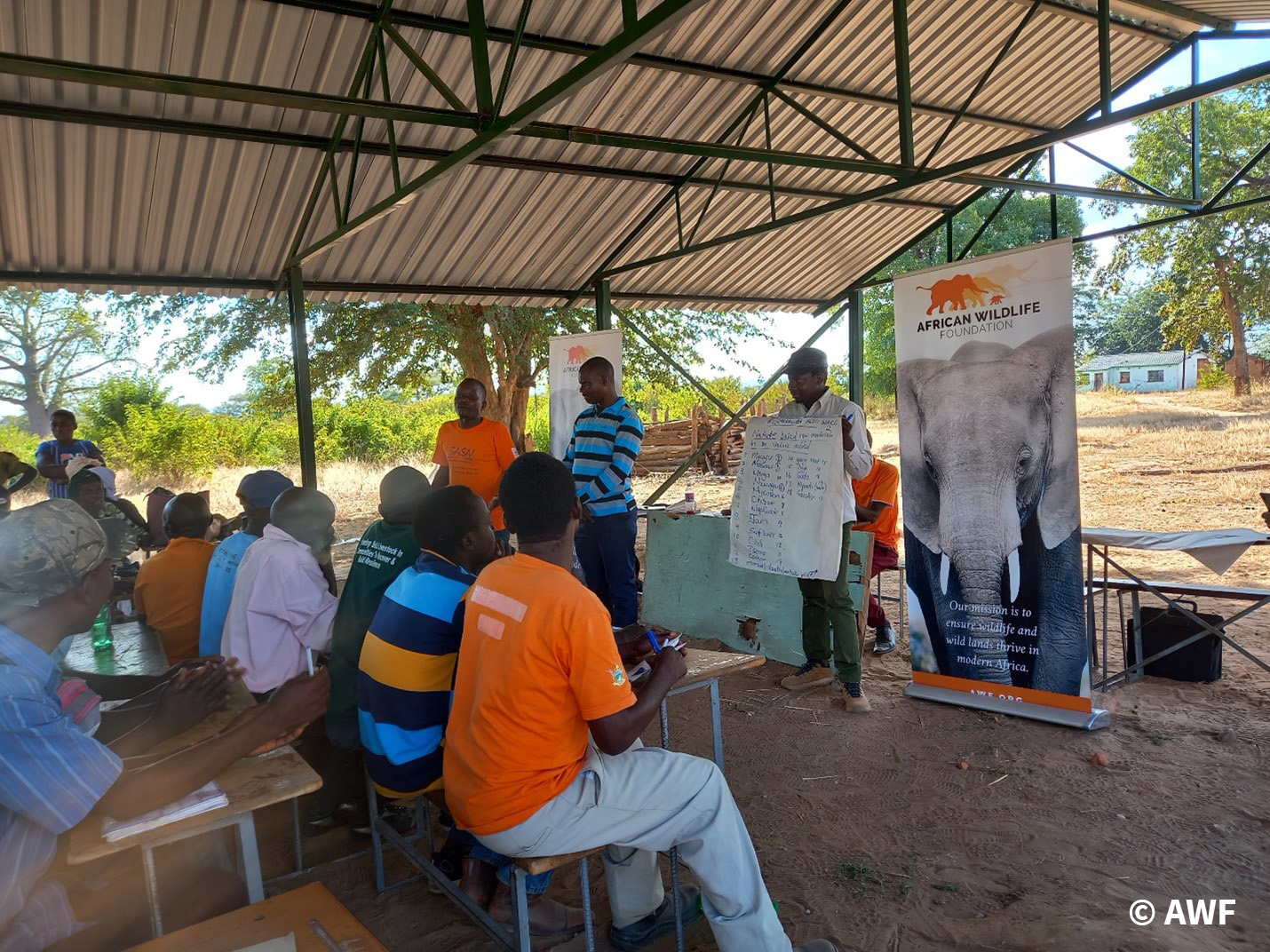Climate Change Adaptation: Zimbabwean Women Find Opportunity in Non-Timber Forest Products

Ahead of the UNFCC Climate Change Conference, Cop 28, UN Women, the United Nations entity dedicated to gender equality and the empowerment of women, reiterated the importance of ensuring that women’s and girls’ rights, abilities and needs are incorporated in climate debates and government policies, citing, “Women and girls have been at the forefront of climate activism and can offer unique knowledge and expertise—including among Indigenous, rural, and young populations—that can support effective climate action.”
As the adverse effects of climate change continue to bedevil the world, women on the African continent face unique gendered impacts of global warming such as food insecurity, poverty, and unequal access to resources. While there is no simple solution, some rural women entrepreneurs are creating economic opportunities through businesses founded on the sustainable use of natural resources such as Non-Timber Forest Products (NTFPs). NFTPs are any product other than timber that is naturally produced in forests and can be harvested without cutting down trees.
Women from Zimbabwe’s Mid Zambezi Valley region in Mbire and Muzarabani Districts are among those building NTFP-based businesses using baobab fruits and masawu (Ziziphus Mauritania) to make jam, drinks, lollypops and other products. However, lack of knowledge on how to navigate the NTFP value chain prevents them from realizing the full value of their hard work and initiative.

To empower women and youth groups with skills on modern enterprise development, entrepreneurship, and maximizing the use of nature-based products, the African Wildlife Foundation (AWF) facilitated the training of more than 300 women and youth from Mbire and Muzarabani Districts through a program funded by the Swedish International Development Agency (SIDA). The training sessions, which were conducted between May and November 2023 focused on building modern enterprises, encouraged women and youth in sustainable livelihood and resilience building efforts. They were undertaken in collaboration with Zimbabwe’s Ministry of Women Affairs, Community Development, Small to Medium Enterprises (MWACDSMEs). Sessions included marketing advice, including how to attractively package and advertise products, how to conduct market research, how to keep financial records to track profits and loss, and customer service.
“I benefited a lot with regards to learning how to make use of available resources within your community, and thank AWF and the program for the enlightening sessions,” said Charity Mundeta, a workshop attendee. Mundeta registered her small business, Ketcem Investments Private Limited, in February 2023. The company name is based on a combination of the names of her two children, ages 10 and 16. She chose it to help them see themselves in the legacy she hopes to create.
Mundeta who is a teacher at Masoka Secondary in Mbire District, admits that the training came at the right time to help her grow Ketcem Investments, which makes baobab fruit-based drinks and lollypops. She founded the business in 2019, whilst she was in Mutare, Manicaland Province and still sells her products there today.
When she moved to Mbire District she realized that she could benefit from the abundance of baobab fruits in the area. In some instances, school children brought baobabs to her, and she showed her gratitude by buying stationary like books, satchels, and other critical items from them.
Mundeta is now sharing her business knowledge by mentoring another teacher at Masoka Secondary School and a woman from the community who expressed interest in the NTFP value chain.
She envisions a future where her company becomes a leading supplier of baobab drinks and baobab lollypops, and is setting in motion plans to add tamarind drinks and diversify into other products.
Like Mundeta, Rashiwe Katuruka of Muzarabani ward’s Kushinga Group notes that the modern enterprise training enlightened her on how to increase the value of the business she runs with nine partners. Started in 2012, Kushinga Group is an all-women 10-member business in Muzarabani Ward 27, that is adding value to masawu and baobabs by making jam, baobab powder and coffee. Kushinga is a Shona word meaning ‘Courage’ which is symbolic of the women’s strength and resilience.
“We were taught about entrepreneurship, so they were teaching us how to measure profits and loss, manage cash flow and how to maintain a project over time. This training was good because we have never received trainings as a group before,” Katuruka explained.

The group sells its products in Zimbabwe’s capital cities including Harare and Bulawayo as well as other smaller towns. The women also exhibit their products at various agricultural shows across Zimbabwe.
Utilizing nature-based products like baobabs, allows the Kushinga Group women to meet household explenses, pay school fees, and venture into other income generating projects like goat rearing. Although the group is visibly making an impact in the NTFP value chain, it is not yet formally registered and Katuruka says the reminder on the need to formalize the business during the training has given them a sense of urgency to act.
Her hope for the future is to continue to provide for her four children through income from baobab products; she also shared her deep connection with nature.
“Do not look down upon natural resources, these help us a lot in our lives; let us keep safe our natural resources,” she advised other women.